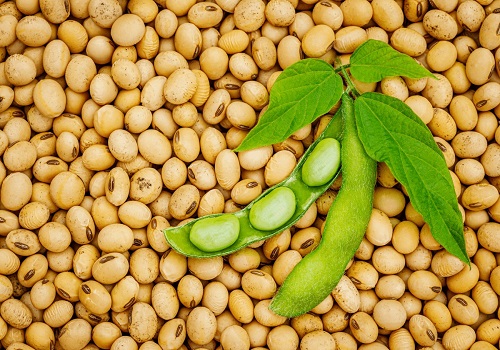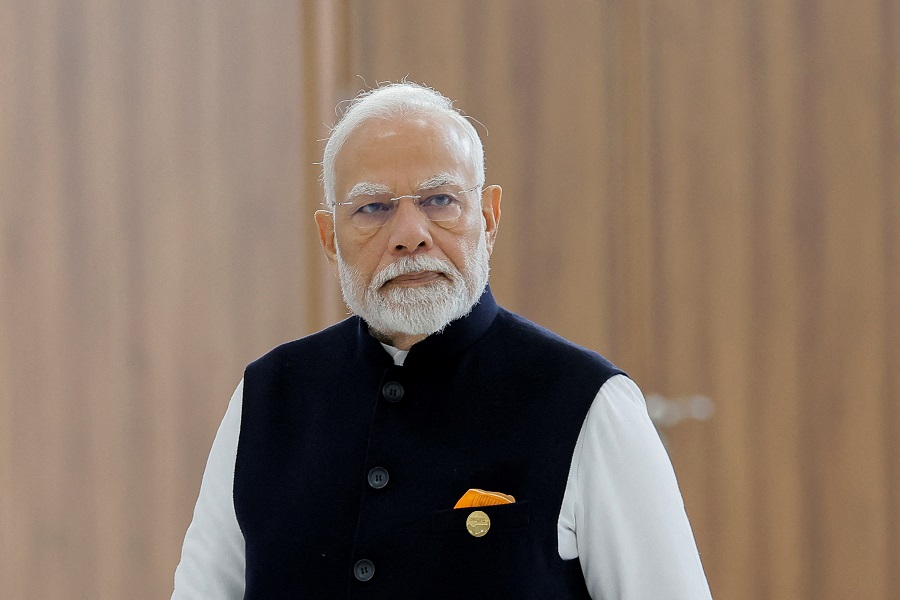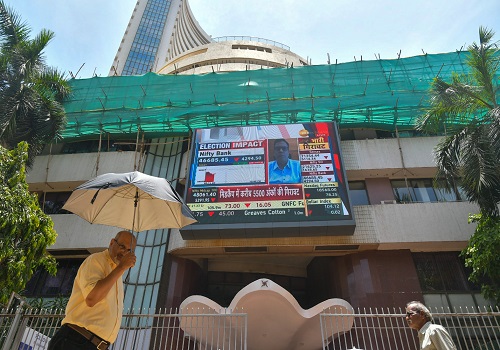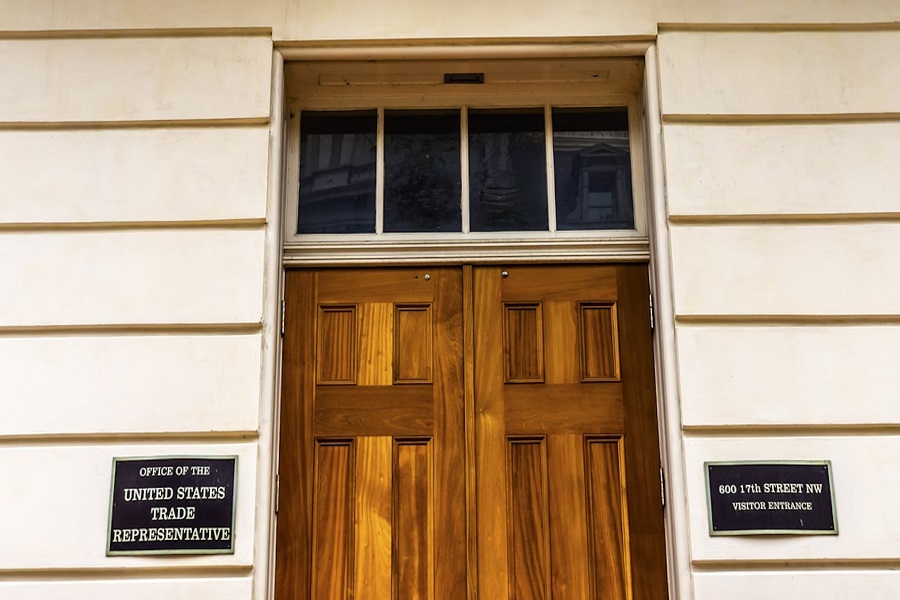Oilmeals Export Drops 7% in April-October FY25 by Amit Gupta, Kedia Advisory

India's oilmeals export declined by 7% in the first seven months of FY25, with rapeseed meal exports falling by 25% due to higher global pricing. SEA data reveals that India exported 23.88 lakh tonnes of oilmeals from April to October 2024-25, compared to 25.66 lakh tonnes in the same period last year. While rapeseed meal exports dropped to 11.76 lakh tonnes, soyabean meal exports surged to 10.24 lakh tonnes due to increased demand from UAE, Iran, and France. A global oversupply of soyabean meal has pressured oilmeal prices, further affecting exports. Key importers of Indian oilmeals include South Korea, Vietnam, Thailand, and Bangladesh, though their purchase volumes have also declined year-on-year.
Key Highlights
* Oilmeals exports declined by 7% in April-October FY25.
* Rapeseed meal exports fell 25% due to higher pricing.
* Soyabean meal exports rose to 10.24 lakh tonnes.
* Global soyabean meal glut created downward price pressure.
* Key buyers South Korea, Vietnam, and Thailand imported less.
India’s oilmeals export registered a 7% decline during April-October FY25, reaching 23.88 lakh tonnes compared to 25.66 lakh tonnes in the same period last year. This downturn is attributed primarily to a significant 25% drop in rapeseed meal exports, which fell to 11.76 lakh tonnes from 15.13 lakh tonnes. SEA Executive Director BV Mehta noted that higher pricing in international markets reduced competitiveness, hampering exports.
Soyabean meal, however, emerged as a bright spot, with exports rising to 10.24 lakh tonnes from 6.74 lakh tonnes last year, driven by increased demand from the UAE, Iran, and France. This uptick is countered by a global soyabean meal surplus of 280 lakh tonnes, intensifying price competition and affecting overall export performance.
Key importers like South Korea, Vietnam, and Thailand recorded reduced volumes of Indian oilmeals. For instance, South Korea's imports declined to 4.33 lakh tonnes from 5.22 lakh tonnes, with similar trends observed in Vietnam and Thailand.
Despite challenges, India continues to play a vital role in global oilmeals trade, though evolving market dynamics underscore the need for strategic pricing adjustments.
Finally
India's oilmeals exports face pricing and oversupply challenges. Strategic pricing is essential to maintain competitiveness amidst global headwinds.
Above views are of the author and not of the website kindly read disclaimer










More News

Quote on Gold and Crude 11th Aug 2025 by Kaynat Chainwala, AVP - Commodity Research, Kotak S...












